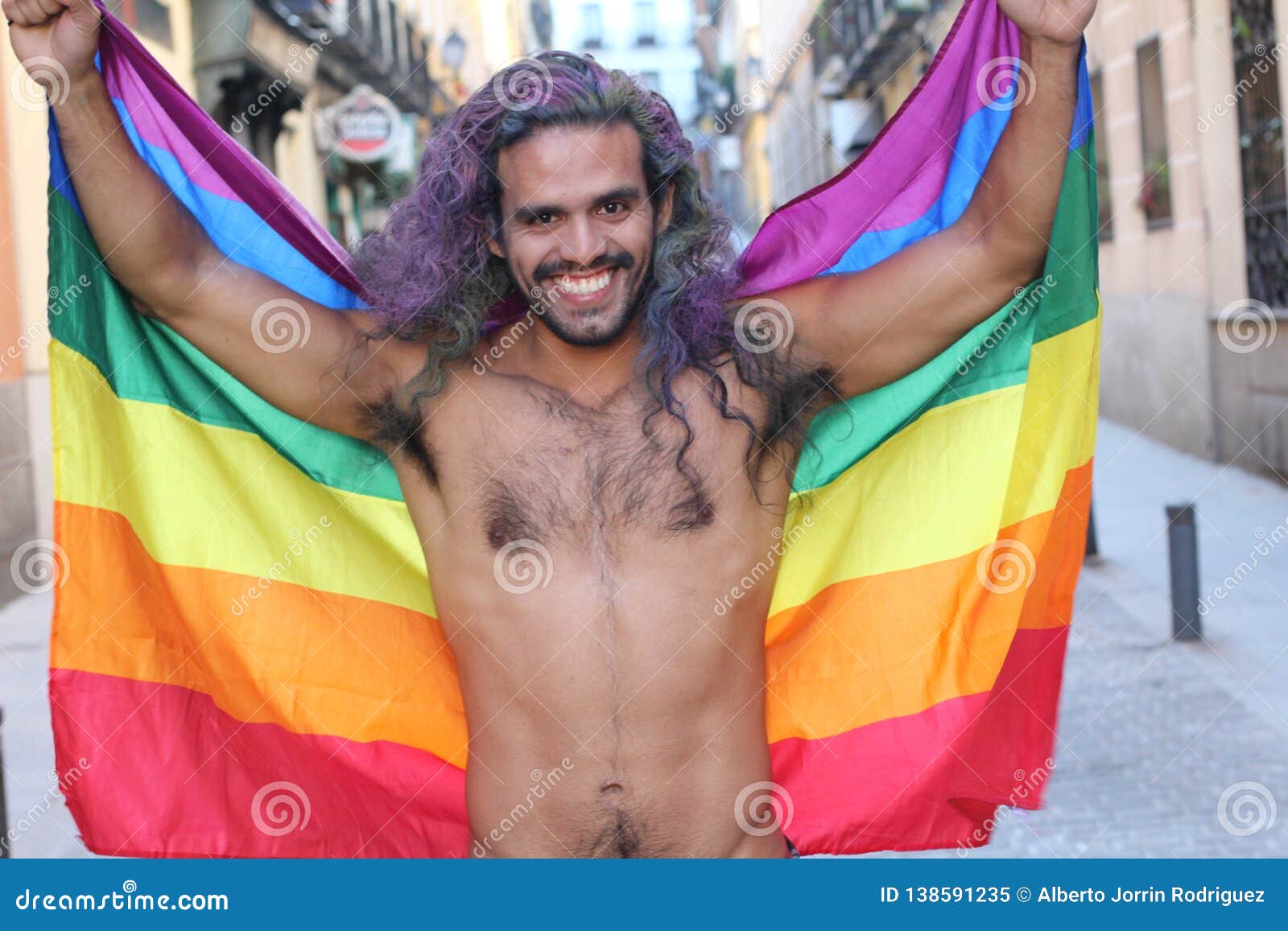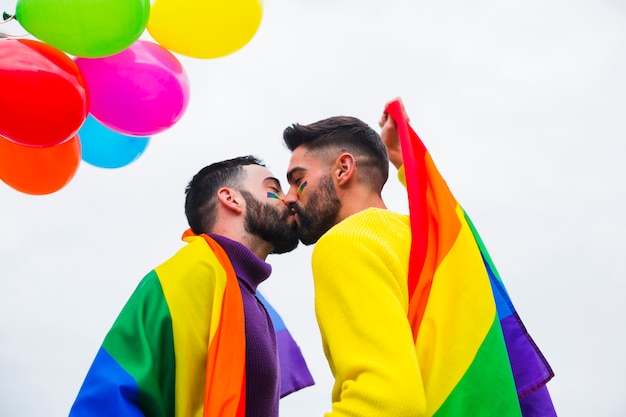Gey Onur Günü - The Word's Journey
Words, it turns out, have quite a story to tell, don't they? They carry bits of history, changes in how people speak, and even echoes of lives lived long ago. When we look at a phrase like "gey onur günü," it really makes you wonder about the words that make it up. Just what kind of path did "gey" travel to get to us today? It's a bit like tracing an old map, seeing where paths split and new meanings popped up along the way. So, that's what we're going to explore here, the fascinating background of a word that has seen many changes.
You know, some words seem to have a life of their own, shifting their sense over the years. This particular word, "gey," is a pretty good example of that. Its journey through time shows us how language can change and adapt, reflecting different eras and communities. It's not always a straight line, as a matter of fact, sometimes it's more like a winding road with unexpected turns.
We're going to take a closer look at where "gey" came from, how it connects to the word "gay" that we hear so often these days, and what that might mean for something like "onur günü," which is about celebrating who you are. It's a linguistic exploration, if you will, peeling back the layers to see the many facets of these terms. This will give us, you know, a clearer picture of their rich and sometimes surprising past.
Table of Contents
- What's the Story Behind "Gey"?
- Early Uses of "Gey" and "Gey Onur Günü"
- How Did "Gay" Get Its Current Meaning?
- The Shift in Meaning and "Gey Onur Günü"
- Are There Other Meanings for "Gey"?
- "Gey" as an Intensifier and "Gey Onur Günü"
- Why Does "Gey" Seem Less Known Today?
- The Fading Recognition of "Gey" and "Gey Onur Günü"
What's the Story Behind "Gey"?
When you hear the word "gey," you might not immediately think of a long and varied history, but it actually has quite a bit of background. It's a word that, in some respects, has been around for a while, showing up in different forms and with different senses. For instance, there was a time when the expression "gey cat" was used. This phrase, you know, referred to a homosexual boy. This particular usage tells us a little about how language captures the ways people spoke and thought in earlier periods, offering a glimpse into social conversations of the past.
Early Uses of "Gey" and "Gey Onur Günü"
Going back a bit further, to the 1890s, the term "gey cat" appeared as a Scottish version of "gay." This phrase was used in a couple of interesting ways. It could describe, for example, a wanderer who might offer sexual services to women. Or, it might refer to a young person traveling who was new to life on the road. So, you can see, the word "gey" even then carried different associations depending on the situation. It really highlights how words can have multiple threads to their meaning, which is something to keep in mind when thinking about "gey onur günü" and its broader connections.
How Did "Gay" Get Its Current Meaning?
The journey of the word "gay" is, in some ways, a very public one. Before it became so strongly linked to same-sex attraction, it had other, more common senses. Think of words like "cheerful," "happy," or "full of bright colors." These were the primary meanings for quite a long time. It's fascinating, really, how a word can undergo such a significant shift in its main definition, almost as if it's taken on a whole new identity over time. The way we speak changes, and so do the words we use.
The Shift in Meaning and "Gey Onur Günü"
By the year 1955, the word "gay" officially gained a new, added definition, one that meant homosexual. This was a pretty big moment for the word, marking a clear point in its history where its meaning expanded to include a specific group of people. This kind of official recognition, perhaps in dictionaries or common usage, shows how language evolves to reflect societal changes and the identities of communities. This evolution of "gay" is, you know, directly related to the concept of "onur günü," which often celebrates the identities that the word "gay" has come to represent.
Are There Other Meanings for "Gey"?
It turns out that "gey" isn't just about historical connections to "gay" or specific types of people. This word also has another, quite different purpose. In some regional dialects, particularly in Scotland and Northumbria, "gey" functions as an intensifier. What does that mean? Well, it's used to add emphasis, a bit like saying "very" or "quite." So, if someone said something was "gey good," they meant it was "very good" or "quite good." It's a neat little linguistic trick, really, showing how one word can play multiple roles depending on where and how it's spoken.
"Gey" as an Intensifier and "Gey Onur Günü"
The Oxford English Dictionary, which is a pretty comprehensive source for word meanings, actually lists three different senses for "gey." This just goes to show how much history and variation a single word can hold. The use of "gey" as an intensifier is particularly common in northern English regional dialects, and in the northern parts of the country. For example, in an older text, you might find a line like, "Ellison had begun to think himself a gey man in Kinraddie, and maybe one of the gentry." Here, "gey man" implies he thought of himself as quite a man, or a very important person, perhaps. This regional usage, you know, adds another layer to our appreciation of "gey" and its connection to the broader idea of "onur günü" through its rich, varied past.
Why Does "Gey" Seem Less Known Today?
Despite its interesting past and various meanings, the word "gey" doesn't have the same level of historical recognition or widespread use as its cousin, "gay," does today. It's a bit like an older relative who doesn't get as much attention. Sources that specifically discuss the term "gey" are, in fact, quite rare. This suggests that the word, while it certainly existed and had its place, didn't really stick around in common language in the same way that "gay" did. Language is a living thing, and some words just fade out of general circulation over time, you know.
The Fading Recognition of "Gey" and "Gey Onur Günü"
It appears that the term "gey" has largely receded from everyday speech. This is a common pattern with words; some rise to prominence, while others slowly become less familiar. The modern word "gay," on the other hand, is an adjective that refers to people who have a lasting physical, romantic, or emotional attraction to people of the same gender. This meaning is, as a matter of fact, most commonly connected with gay men. The Spanish synonyms for "gay" like "alegre" (cheerful), "feliz" (happy), and "colorido" (colorful) reflect those older, joyful senses of the word. So, while "gey" might be less recognized, its connection to "gay" means it shares a lineage with a word that now carries significant meaning for "onur günü," a day of pride and celebration.

Interactuar más allá de la fiesta, el reto de los hombres gays – Anodis

Celebrating Diversity: People Silhouettes And The LGBT Rainbow Flag

Young gay couple kissing on parade | Free Photo